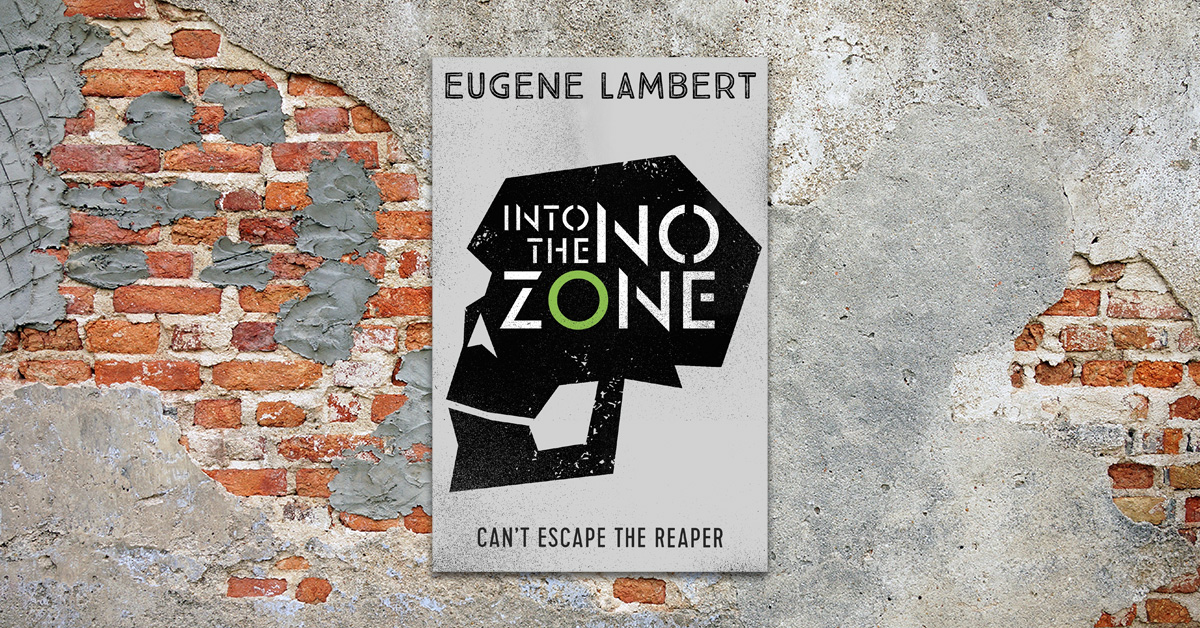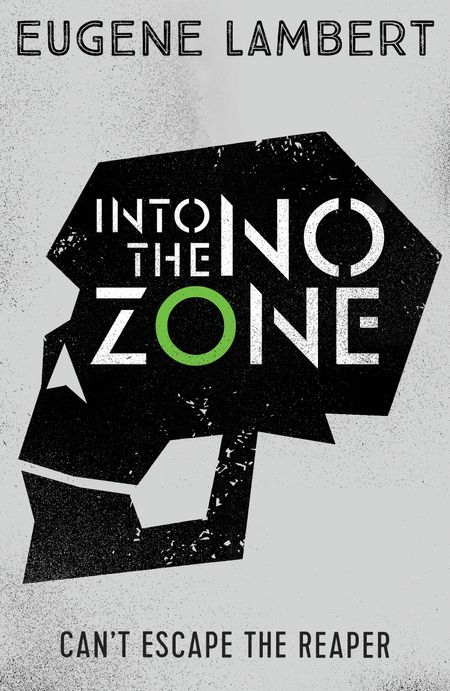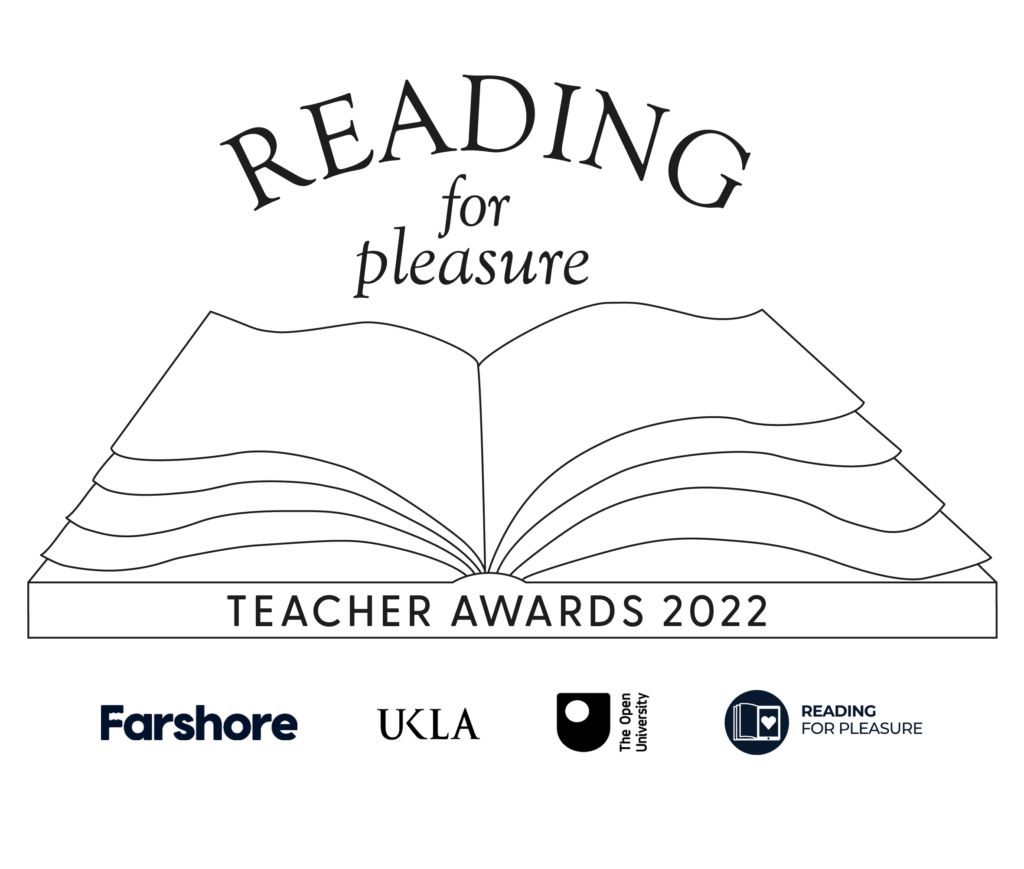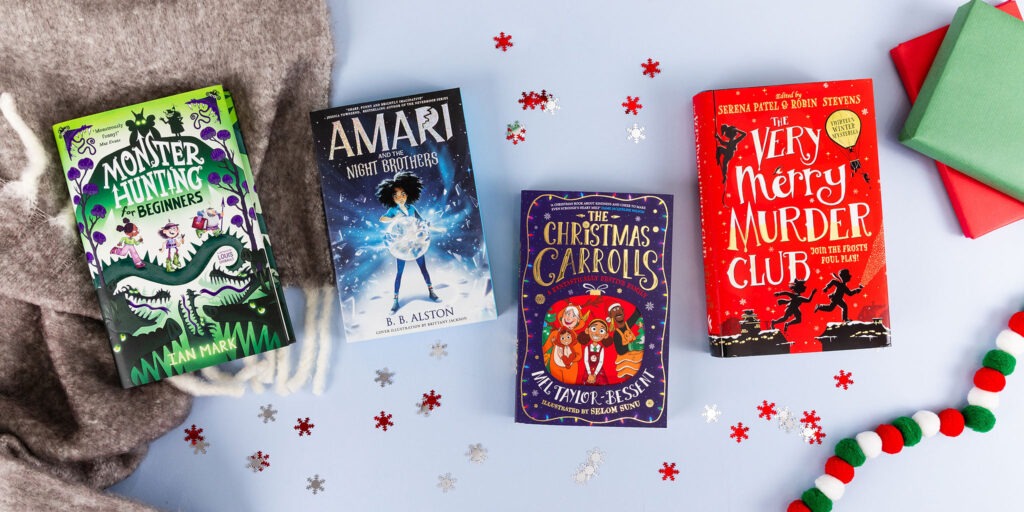 I blame Neil Armstrong and George Lucas. One of my earliest memories is of watching in grainy black and white a man walking on the moon. Even as a child, I could never look at the moon the same way again and yearned to follow in Armstrong’s adventurous footsteps. When the epic Star Wars movie came along it blew my teenage mind, left me staring up at the stars with the same yearning all over again, and reading all the science fiction books I could get my hands on. A few (coughs to distract the reader) years on, it was inevitable that when I came to try my hand at writing a novel it would be in my favourite genre.
I blame Neil Armstrong and George Lucas. One of my earliest memories is of watching in grainy black and white a man walking on the moon. Even as a child, I could never look at the moon the same way again and yearned to follow in Armstrong’s adventurous footsteps. When the epic Star Wars movie came along it blew my teenage mind, left me staring up at the stars with the same yearning all over again, and reading all the science fiction books I could get my hands on. A few (coughs to distract the reader) years on, it was inevitable that when I came to try my hand at writing a novel it would be in my favourite genre.
 Science-Fiction. As a genre, I think it’s a bit like marmite – readers seem either to love or loathe it. Others think they don’t like it, but they actually do. I found this out the hard way at the fantastic Jersey Festival Of Books (http://www.jerseyfestivalofwords.org/about/ ), one of my first gigs as a published SF author. I was there to talk about my debut SF novel The Sign Of One to an audience of three hundred schoolgirls. Scary enough already, before my cheery BBC host kicks things
Science-Fiction. As a genre, I think it’s a bit like marmite – readers seem either to love or loathe it. Others think they don’t like it, but they actually do. I found this out the hard way at the fantastic Jersey Festival Of Books (http://www.jerseyfestivalofwords.org/about/ ), one of my first gigs as a published SF author. I was there to talk about my debut SF novel The Sign Of One to an audience of three hundred schoolgirls. Scary enough already, before my cheery BBC host kicks things  off by asking the girls how many of them like science-fiction? One or two hands went up. Far more noses were turned up and sceptical glances exchanged. The longest few seconds of my writing life followed. Luckily, I’d come across this before in conversation with friends who also profess not to like SF. Grabbing the microphone, I asked the girls how many had liked The Hunger Games? Saved. A forest of excited hands went up. Thanks to Suzanne Collins I could breathe again…
off by asking the girls how many of them like science-fiction? One or two hands went up. Far more noses were turned up and sceptical glances exchanged. The longest few seconds of my writing life followed. Luckily, I’d come across this before in conversation with friends who also profess not to like SF. Grabbing the microphone, I asked the girls how many had liked The Hunger Games? Saved. A forest of excited hands went up. Thanks to Suzanne Collins I could breathe again…
But this got me thinking. The name ‘science-fiction’ is perhaps unfortunate, being rather over-specific compared to some other genres, e.g. thriller or romance. To someone unfamiliar with the breadth of science fiction writing it makes it sound as if all stories revolve exclusively around imaginary new sciences or extrapolations of current technologies … something that could not be further from the truth. My Hunger Games example illustrates this: a dystopian future-Earth story with zero emphasis on science. Katniss is an expert with a bow and arrow, not a phaser. It’s more about a girl struggling to preserve her humanity amidst horror, as well as a scathing commentary on our current obsession with reality TV. Take my own books, The Sign Of One and it’s very-soon-to-be-published  sequel Into The No-Zone. What makes them science-fiction is that they’re set in the future, on a dump-world where identical twins are considered evil. Why? Sorry, you’ll have to read them to find out, but about the only science in them are some low-tech flying machines called windjammers, which I had fun writing because my hobby is gliding. The emphasis is on the story, fear causing hate, and what it means to be human.
sequel Into The No-Zone. What makes them science-fiction is that they’re set in the future, on a dump-world where identical twins are considered evil. Why? Sorry, you’ll have to read them to find out, but about the only science in them are some low-tech flying machines called windjammers, which I had fun writing because my hobby is gliding. The emphasis is on the story, fear causing hate, and what it means to be human.
So why do we call the genre science-fiction, a name to make some potential readers shy away? How did we end up with this name hung around our necks as writers, readers and watchers of films? The answer is … astounding.
The earliest name for the genre was Scientific Romance, which became popular across broad sections of society in the 19th century. A teenage Mary Shelley is claimed by many to be the inventor, with her visionary Frankenstein (1818) warning of the dangers of science. Interestingly, Jules Verne was perhaps the first author to actually make a career from writing ‘whimsical’ material, novels such as Journey To The Centre Of The Earth (1864) mixing daring romantic adventure with technological extrapolation. HG Wells was less interested in scientific details, more interested in using science-fiction devices to satirise the world he lived in and make predictions about the future, e.g. The Time Machine (1895), an attack on stratification in Victorian society and the potential consequences.
Fast-forward to the early 20th century and the Golden Age of so-called ‘Pulp’ magazines, inexpensive fiction magazines printed using cheap wood-pulp paper. Often having lurid and sensational covers (bug-eyed women clutching scantily-clad monsters, or something like that) this is where science-fiction took off and gained its name. One pioneering magazine was the excellently named Weird Tales (1923-). Following closely on its heels was Amazing Stories (1926-). Edited by Hugo Gernsback, this was the first magazine devoted solely to what he called Scientifiction and led the genre away from scientific invention stories and more towards fantastical adventures. But the magazine that gave us our modern genre title was Astounding Science-Fiction (1930-), edited by John W Campbell Jr. A talented writer himself, Campbell moved science-fiction up market, publishing higher quality material and appealing to a less juvenile audience.
So there we are, with science-fiction named. A bit of a mouthful, but at least it lends itself to abbreviation, like SF or Sci-Fi. Incidentally, we have a fan called Forest J. Ackerman to thank for the latter. He first coined Sci-Fi in 1954, perhaps inspired by the then-trendy use of hi-fi to describe the high fidelity sound equipment appearing in people’s homes. And good abbreviations are important. Imagine if science-fiction was called Speculative Fiction. Spec-Fi … nah … I don’t think so.
If however one day we change the name of the genre, my vote is for Weird Fiction, or just Weird, in homage to the pioneering Weird Tales magazine. Maybe they got it right first time, all those years ago in 1923? It has a ring to it, don’t you think? I can imagine a party conversation going something like this:
Q. ‘So, what do you do?’
A. ‘I’m an author.’
Q. ‘Oh wow. What do you write?’
A.‘Weird. I write weird fiction. For young adults.’
On second thoughts, perhaps we’d best stick with science-fiction for now…
Eugene Lambert is a graduate of Bath Spa’s MA in Writing for Young People. His first novel, The Sign of One, was shortlisted for the Bath Novel Award. The second book in the series, Into the No-Zone is out now.




